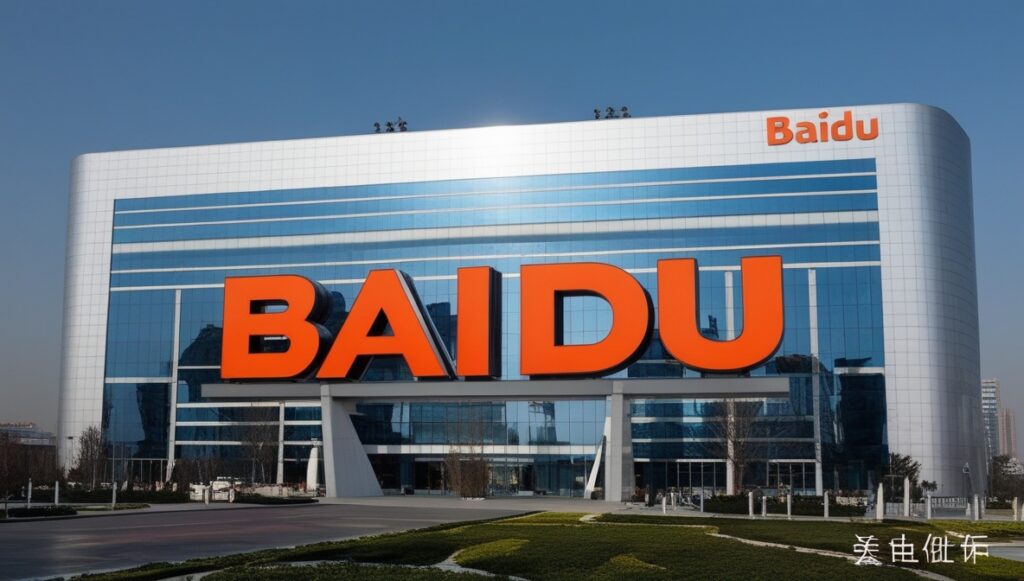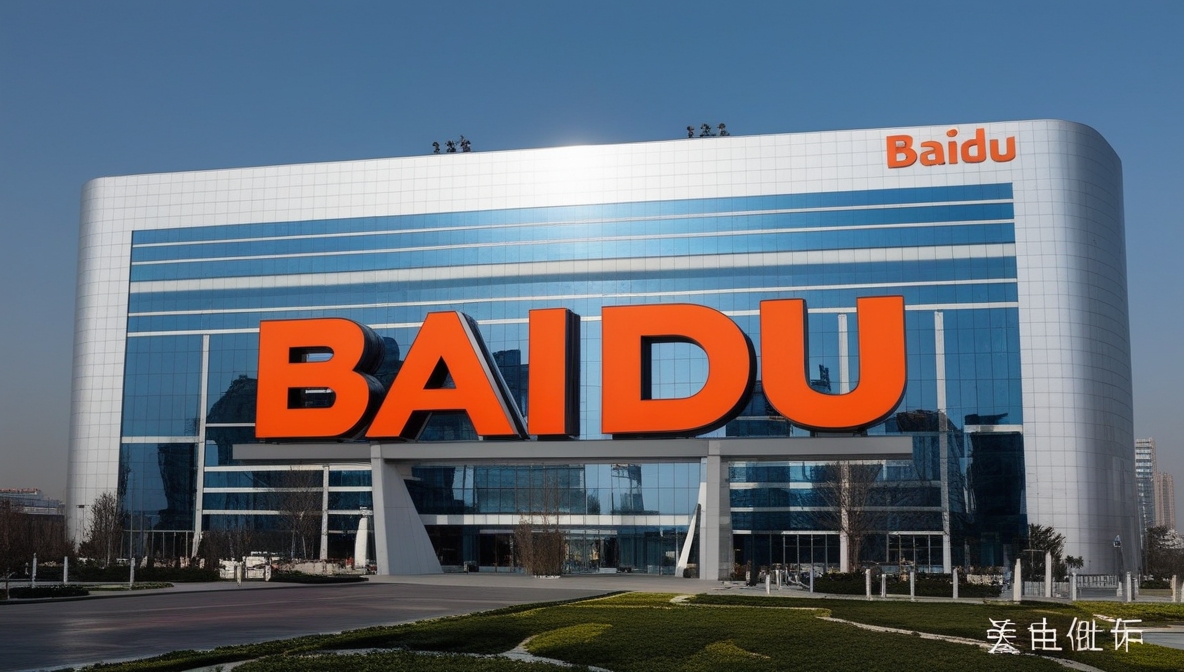
Introduction
In today’s digital marketing landscape, search engines are at the heart of any effective SEO strategy. While most of the world relies on Google for their search queries, there is another major player that dominates a vast market: Baidu. Often referred to as “China’s Google,” Baidu is the go-to search engine for Chinese-speaking audiences. However, Baidu’s role extends far beyond just search, as it encompasses artificial intelligence, online services, and much more. For businesses looking to expand into the Chinese market, understanding Baidu is crucial.
In this article, we will explore “what is Baidu,” its unique features, its role in digital marketing, and why it is essential for companies targeting Chinese consumers to optimize their websites for Baidu.
What is Baidu?

Baidu is a Chinese multinational technology company that operates the largest search engine in China. Founded in 2000 by Robin Li and Eric Xu, Baidu has since grown to become one of the most influential internet companies in the world. In essence, Baidu is a search engine, but it offers a wide array of additional services ranging from AI-powered applications to autonomous driving technology, online advertising, and cloud computing.
While Baidu shares similarities with Google, such as its search engine and advertising platform, it has adapted to meet the specific needs and preferences of Chinese users. As of today, Baidu is the fourth largest search engine globally, with a market share of about 70% in China, making it the dominant player in the Chinese digital ecosystem.
History and Evolution of Baidu
Baidu’s story begins with its founders, Robin Li and Eric Xu, who sought to create a search engine that could better serve Chinese users. Baidu’s first big breakthrough came with its launch of the Baidu Search Engine, which was designed specifically for Chinese speakers and incorporated local linguistic and cultural nuances. Baidu’s innovative approach to search technology, particularly its ranking algorithms, quickly earned it widespread popularity across China.
In 2005, Baidu went public on the NASDAQ, and its growth accelerated, leading it to become one of the most valuable internet companies in China. Baidu continued to diversify its portfolio, acquiring and developing new technologies. Notable expansions include Baidu Maps, Baidu Baike (an online encyclopedia similar to Wikipedia), and Baidu Cloud. Furthermore, Baidu has made significant strides in artificial intelligence (AI) and autonomous driving, with its “Apollo” platform leading in the race to create self-driving technology.
Baidu vs Google: Key Differences
Though Baidu is often compared to Google, there are several distinct differences between the two. The most notable difference is their geographic focus: while Google serves a global audience, Baidu’s primary market is China. This has led Baidu to adopt a search engine that is heavily tailored to Chinese language and culture.
Baidu is also subject to strict government regulations, especially regarding censorship. The Chinese government heavily monitors online content, and Baidu is no exception. This means that certain topics or websites may be inaccessible on Baidu due to government censorship laws. This can be both a challenge and an opportunity for businesses operating in China.
Another difference lies in Baidu’s advertising model. While Google Ads is the dominant platform in the west, Baidu offers a similar service called Baidu Tuiguang, which enables advertisers to place ads in search results. Understanding the intricacies of Baidu’s advertising ecosystem is crucial for any digital marketing strategy targeting Chinese users.
Key Features of Baidu
1. Baidu Search Engine
At the core of Baidu’s offerings is its search engine. Baidu has over 1.4 billion monthly active users, most of whom are located in China. The search engine is optimized for Chinese language users, offering simplified and traditional Chinese search results, as well as region-specific content. Baidu also supports voice search, visual search, and mobile optimization, making it a versatile platform for digital content discovery.
2. Baidu Baike
Baidu Baike, a Wikipedia-like platform, is one of the most widely used online encyclopedias in China. It allows users to create and edit articles on a wide range of topics, from history to technology. Baidu Baike is heavily integrated into Baidu’s search engine, and links to its articles often appear at the top of search results.
3. Baidu Maps
Similar to Google Maps, Baidu Maps provides comprehensive mapping services for users in China. It offers route planning, location-based services, and even indoor navigation for shopping malls and airports.
4. Baidu AI and Autonomous Driving
Baidu is a leader in artificial intelligence and autonomous driving. The company has developed AI technologies that power its search algorithms, voice recognition, and facial recognition systems. Baidu’s Apollo project is a major initiative in the autonomous driving sector, aiming to create self-driving vehicles that can operate on Chinese roads.
5. Baidu Cloud
Baidu Cloud offers cloud computing services, providing solutions for data storage, AI applications, and business intelligence. With the rise of digital transformation, Baidu Cloud has become a key player in helping Chinese businesses leverage cloud technologies.
Why is Baidu Important for SEO?
When it comes to digital marketing in China, Baidu is by far the most important search engine. With more than 70% of the search market share in China, Baidu plays a pivotal role in helping businesses reach their Chinese audience. For businesses aiming to enter the Chinese market or improve their digital presence in China, understanding Baidu’s SEO landscape is essential.
Baidu’s search engine algorithm differs from Google’s in several key ways, and optimizing for Baidu requires a tailored approach. Here are some of the main factors that influence Baidu SEO:
1. Language and Localization
Baidu is optimized for Chinese language and culture, which means that businesses need to use Simplified Chinese for their website content. Content should also be localized for Chinese users, reflecting the preferences and trends of the Chinese market. Simply translating your content from English to Chinese won’t suffice.
2. Website Speed and Mobile Optimization
Baidu places a strong emphasis on website speed and mobile optimization. In China, mobile internet usage is prevalent, and websites that aren’t optimized for mobile devices may struggle to rank well on Baidu. Fast-loading pages and responsive design are key factors for ranking higher on Baidu’s search engine results pages (SERPs).
3. Baidu Index and Keyword Research
Baidu offers a tool called Baidu Index, which is similar to Google Trends, allowing businesses to monitor the popularity of certain keywords in China. Conducting thorough keyword research is crucial for determining which terms and phrases will help your website rank well on Baidu. Understanding the search behavior of Chinese users is important for targeting the right audience.
4. Baidu Webmaster Tools
Similar to Google Search Console, Baidu Webmaster Tools provides valuable insights into your website’s performance on the search engine. It allows you to track indexing status, identify crawl errors, and optimize your website for better search visibility on Baidu.
5. Content Quality and Backlinks
As with Google, Baidu values high-quality content and authoritative backlinks. However, Baidu’s algorithm places additional emphasis on domain age and the authority of Chinese-language websites. Building a strong local backlink profile is important for SEO success on Baidu.
Why Businesses Need Baidu SEO Services
For businesses in Hong Kong, the rest of Asia, or even internationally, targeting Chinese consumers through Baidu is a must. Whether you are looking to launch a product in China, drive traffic to your Chinese-language website, or simply raise brand awareness, optimizing your website for Baidu is crucial.
Dust Digital Marketing Ltd., based in Hong Kong, specializes in helping businesses navigate the complexities of Baidu SEO. With our deep understanding of the Chinese digital ecosystem, we can help you create an effective SEO strategy that targets Chinese-speaking audiences. From localized content and keyword optimization to Baidu Ads and link-building strategies, our expert team is here to guide you through every step of the process.
Conclusion

Baidu is more than just a search engine; it is a comprehensive platform that drives digital engagement, provides innovative services, and plays a dominant role in China’s internet ecosystem. Understanding “what is Baidu” and how it works is essential for any company seeking to expand its digital presence in China. By optimizing your website for Baidu’s unique requirements, you can tap into one of the world’s largest and most lucrative digital markets.
If your business is looking to take advantage of Baidu’s powerful search engine and advertising platform, Dust Digital Marketing Ltd. offers comprehensive SEO services tailored to the Chinese market. Let us help you navigate Baidu’s search landscape and enhance your online visibility in China.

